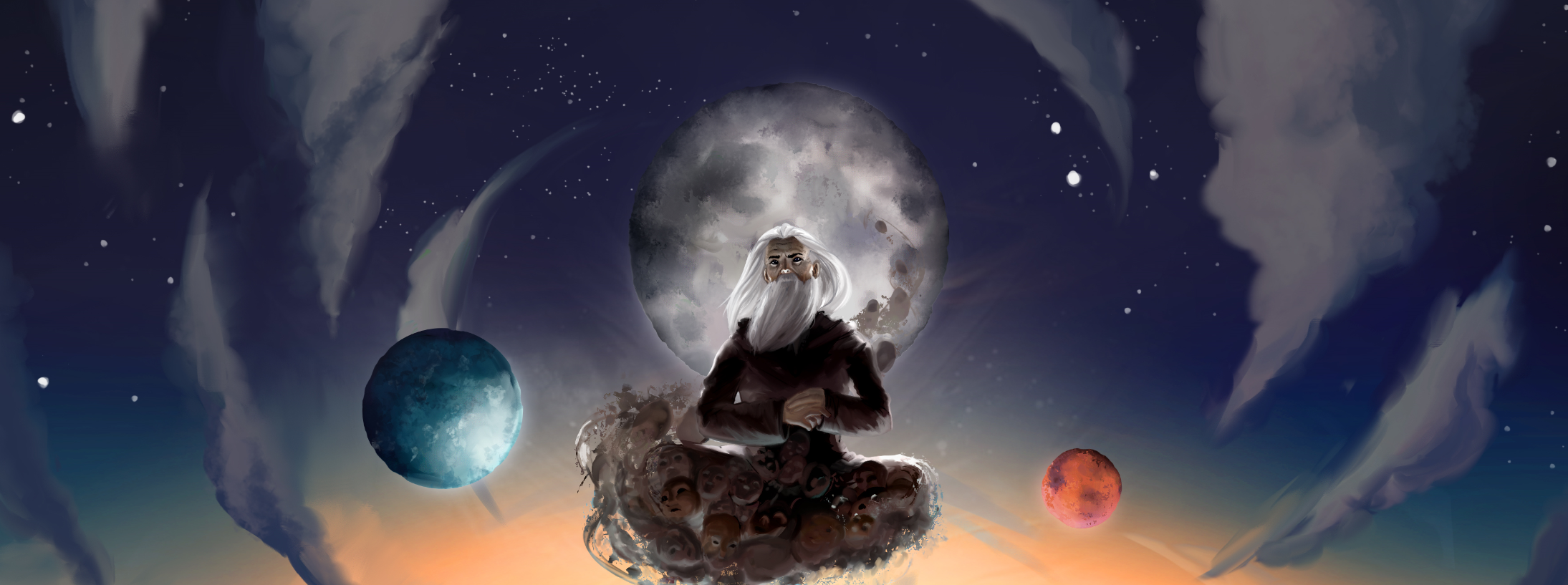Innish
Innish culture is among the most ancient cultures of the world, having mention of their communities among the oldest archived scrolls of the 1st Epoch. Like any culture old enough, Innish culture has experienced some dramatic changes in it's character. Prior to the 5th Epoch, the Innish were highly nomadic, their culture consisting of tribes under the rule of Khans. The Innish used to define their entire lives by the strive for survival and conquest, waging ferocious wars during the warm seasons, and recuperating during the cold seasons. Late in the 4th Epoch, the growing power of neighboring cultures, and formation of larger nations placed pressure upon the Innish people to unite. Yet, even as a united nation, they were a violent culture, prone to in-fighting, and waging war after war against their neighbors.
In the 5th Epoch, as a global stability emerged, it was clear the Innish people could not sustain their ways. During the Second Great Gathering of the Khans, all Khans colluded to begin a cultural shift. Old grievances were put to rest (as best they could), lands and borders were assigned properly to each of the Khans, and a nomadic people began the process of settling. A culture accustomed to a yearly cycle centered upon war had to find other ways to flourish. This began a cultural boom for the Innish, as they finally had the safety to advance their cultural identity. Although unable to completely bury their past, the modern counter-culture of the Innish people is a far cry from what it once was.
The Innish are expert trackers and hunters, and have long had an intimate connection with nature. Innish live almost exclusively in taiga and tundra, and are far more accustomed to cold conditions than warm ones. They are a deeply spiritual people, having a strong cultural faith in the Path of the Ancestors. The Innish tend to look for portents and omens, some founded on sound observations of nature and animal behavior, and others stretching into what many would call superstition. Innish are strongly community bound, and to the oddity of many are not especially family-oriented. In Innish communities, being a mother or a father is an entire trade of it's own. and Innish children are raised by the communal parents, who are the wisest people within the community. Marriage does not exist in Innish culture. Though some partners stay together for life, there is a common belief among the Innish people that most relationships are temporary, and that it is no tragedy to move on to new love when old love becomes stale. Polyamory is reasonably common in Innish culture, though it is still not the norm. Innish are mostly Dwarves, with some Goliath, Mul, Minotaur, and Human tribes as minorities.

